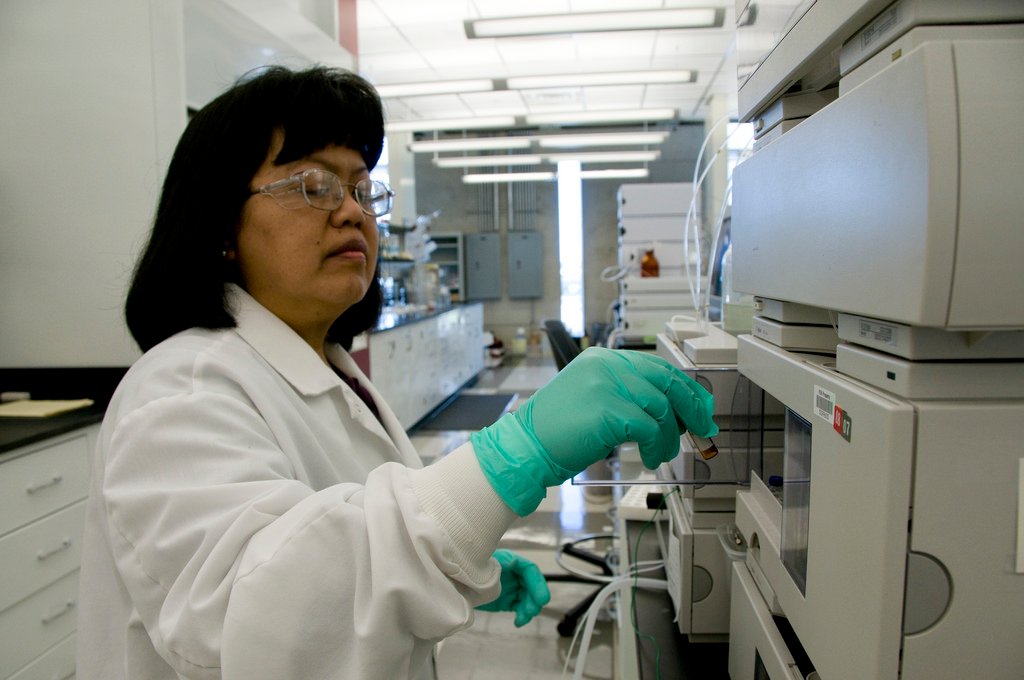
Courtesy- Flickr
Researchers at Kyoto University‘s Institute for Integrated Cell-Material Sciences have developed a ‘body-on-a-chip’ device that can evaluate the side-effects of drugs on human cells.
The Integrated Heart/Cancer on a Chip (iHCC) was used to test the toxicity of the anti-cancer drug doxorubicin on heart cells. The researchers found that while the drug itself was not toxic to heart cells, a metabolite of the drug resulting from its interaction with cancer cells was.
The device is smaller than a microscope glass slide. It contains six tiny chambers; every two are connected by microchannels with a series of port inlets and valves.
The team first tested doxorubicin's effects on heart cells and liver cancer cells cultured separately in small wells. The drug had the expected anti-cancer effect on the cancer cells without causing damage to the heart cells.
They then ran the test using the iHCC device where they found signs of toxicity in both cancer and heart cells. They hypothesized that a compound, doxorubicinol, which is a metabolic byproduct of doxorubicin interacting with cancer cells, was causing the toxic effect.
The device requires further improvements, but the study demonstrates how this design concept could be used to investigate the toxic side effects of anti-cancer drugs on heart cells well before expensive clinical trials.




